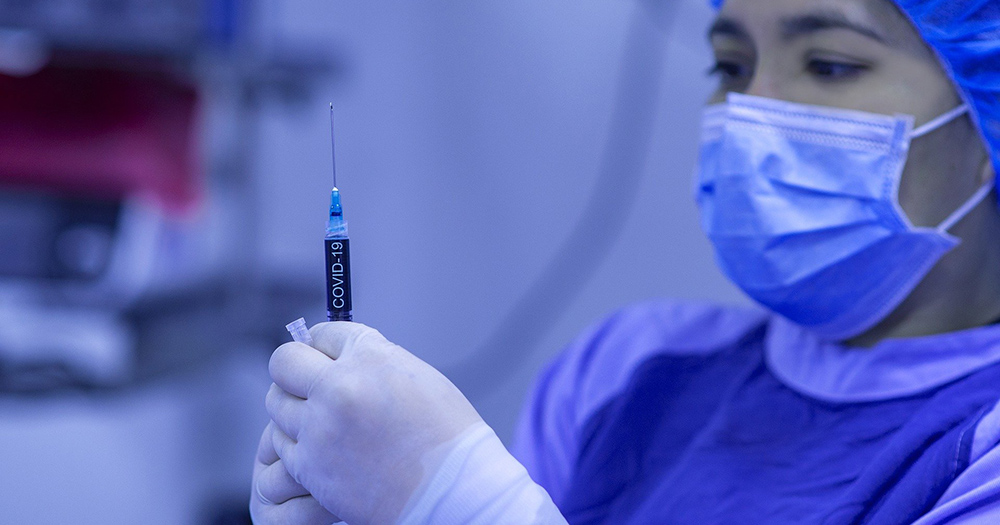The United Kingdom has issued a warning after two workers from the country's National Health Service (NHS) reported allergic reactions to the Pfizer/ BioNTech vaccine on the first days of its administration on Dec. 8, Reuters and BBC reported.
Both workers reportedly had an anaphylactoid reaction, which includes symptoms such as skin rash, breathlessness and a drop in blood pressures in some instances.
NHS medical director Stephen Powell added that both workers are currently "recovering well". They are also known to have a history of major allergies, and carry adrenaline pens.
In the meantime, the Medicines and Healthcare products Regulatory Agency (MHRA) has advised:
"Any person with a history of a significant allergic reaction to a vaccine, medicine or food (such as previous history of anaphylactoid reaction or those who have been advised to carry an adrenaline autoinjector) should not receive the Pfizer BioNtech vaccine."
In addition, resuscitation facilities should also be available for vaccinations.
Investigation to be conducted by regulator with Pfizer/ BioNTech support
The MHRA added that it would carry out an investigation into the matter.
Both Pfizer and BioNTech have since voiced their support for the investigation.
The vaccine was approved by the UK on Dec. 2, making it the first country in the world to do so, according to CNN.
Reuters further reported that the U.S. Food and Drug Administration (FDA) and the European Medicines Agency (EMA) are still assessing the data on the vaccine.
The FDA has pointed out that the vaccine's safety data and efficacy has met its expectations for authorisation.
Meanwhile, the move to roll out the vaccine in the UK has been met with scepticism in the rest of Europe, with the EMA saying its own regulatory mechanism is the "most appropriate... for use in the current pandemic emergency".
Allergic reactions coming to light so quickly is a sign that monitoring system works
Briefing documents released by the FDA further stated that 0.63 per cent of people in the vaccine group and 0.51 per cent in the placebo group reported possible allergic reactions in trials.
Such a number, according to the Professor of Experimental Medicine at Imperial College London, Peter Openshaw, is extremely small.
He also noted:
"The fact that we know so soon about these two allergic reactions and that the regulator has acted on this to issue precautionary advice shows that this monitoring system is working well."
Totally unrelated but follow and listen to our podcast here
Top image via Pixabay
If you like what you read, follow us on Facebook, Instagram, Twitter and Telegram to get the latest updates.
